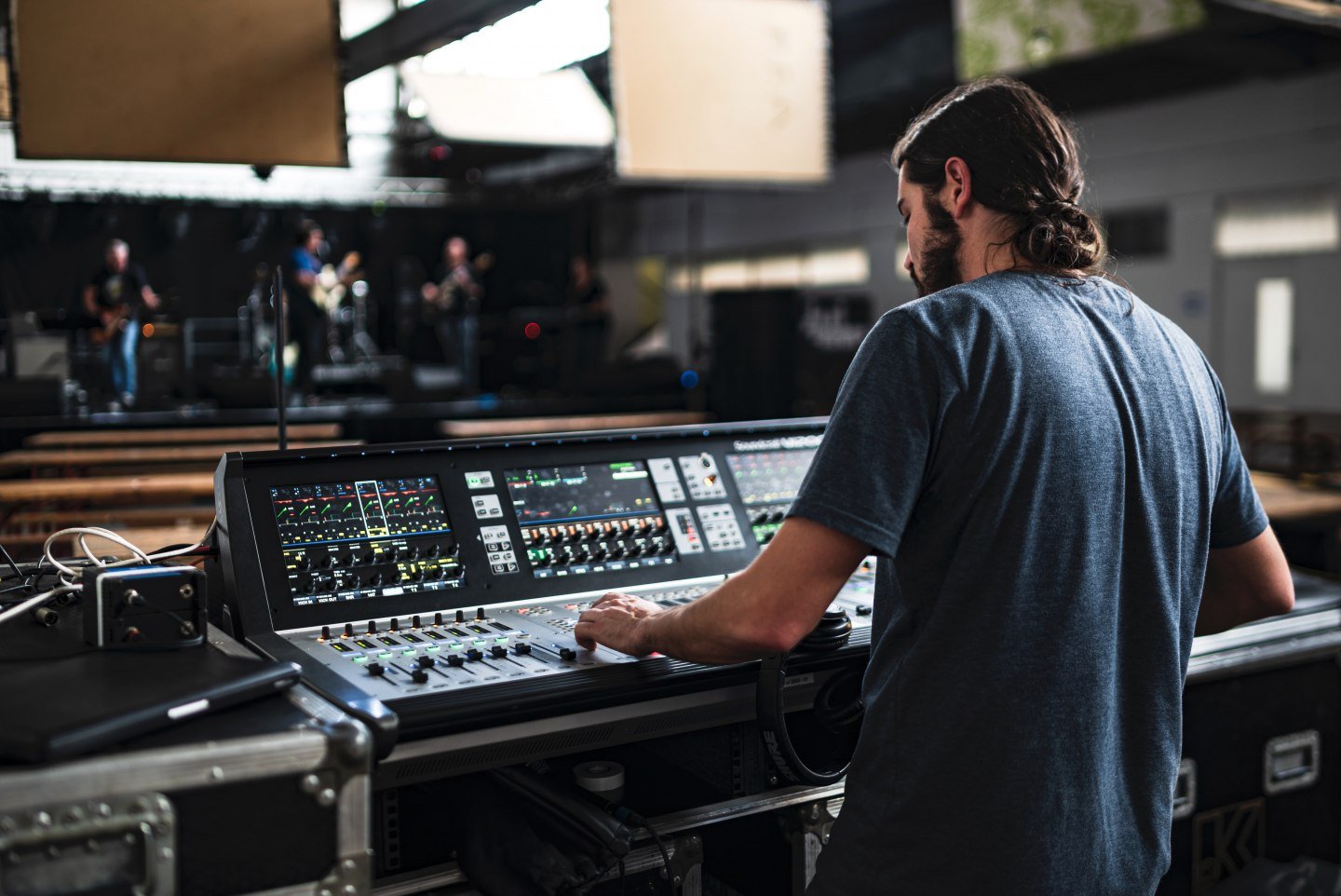Effective Staff Supervision in the Event Industry

In the bustling world of events and media production, staff supervision stands out as a critical element for ensuring smooth operations and high-quality outcomes. The staff member's role in this industry is multifaceted and demanding, making effective supervision crucial.
This article delves into the key aspects of staff supervision, focusing on how it can be optimized to support and develop employees, ultimately leading to better outcomes for both the staff and the organization.
1. The Importance of Effective Supervision
2. Strategies for Effective Supervision
3. Role of Supervisors and Line Managers
4. Addressing Challenges in Staff Supervision
5. Best Practices for Supervisors in the Event Industry
6. Conclusion
The Importance of Effective Supervision
Effective supervision is a cornerstone of successful staff management in the event industry. It involves more than just overseeing day-to-day tasks; it’s about providing the right guidance, support, and development opportunities to help staff members excel in their roles.
Key Benefits of Effective Supervision
- Enhances Performance: Through regular supervision sessions, supervisors can review performance, provide constructive feedback, and set clear expectations. This process ensures that employees understand their responsibilities and are held accountable for their work.
- Promotes Staff Development: Identifying learning needs and facilitating appropriate training programs are essential components of staff development. Effective supervision helps pinpoint these needs and creates a roadmap for professional growth.
- Supports Well-being: The well-being of employees is crucial in the high-pressure environment of event planning. Good practice in supervision includes monitoring staff well-being, addressing concerns promptly, and providing support where needed.
- Ensures High-Quality Care: For those in roles that involve delivering services to clients, effective supervision ensures that staff are equipped to deliver high-quality care. This is particularly important in events that involve large crowds or high-profile attendees.
Strategies for Effective Supervision
Implementing effective supervision requires a structured approach. Here are some strategies that can be adopted:
Regular Supervision Sessions
Regular supervision sessions provide a platform for open communication between supervisors and staff. These sessions should be scheduled consistently and should focus on reviewing performance, setting goals, and addressing any concerns.
Clear Expectations and Accountability
Setting clear expectations is fundamental. Each staff member should understand their role and what is expected of them. Additionally, supervisors should foster a culture of accountability, where employees are responsible for their actions and outcomes.
Continuous Development Opportunities
Supervisors should actively seek to provide development opportunities for their staff. This could include formal training programs, workshops, or on-the-job learning experiences. Continuous development not only enhances the skills of the staff but also keeps them motivated and engaged.
Celebrating Achievements
Recognizing and celebrating achievements, both big and small, can significantly boost morale and motivation. Supervisors should take time to acknowledge the hard work and successes of their staff, fostering a positive and supportive work environment.
Role of Supervisors and Line Managers
Supervisors and line managers play a pivotal role in the effective supervision of staff. Their duties extend beyond mere oversight to include mentorship, support, and development.
Mentorship and Guidance
Supervisors should act as mentors, providing guidance and sharing their expertise with their teams. This mentorship helps in developing a competent workforce capable of handling the dynamic challenges of the event industry.
Support and Resources
Providing the necessary support and resources is a critical aspect of a supervisor's role. This includes ensuring that staff have access to the tools, information, and training they need to perform their jobs effectively.
Monitoring and Review
Regular monitoring and review of staff performance help identify areas for improvement and acknowledge areas of excellence. This ongoing process is vital for maintaining high standards of service delivery.
Addressing Challenges in Staff Supervision
While the benefits of effective supervision are clear, there are also challenges that need to be addressed to ensure its success.
Handling Diverse Teams
The event industry often involves working with diverse teams, including part-time staff, freelancers, and full-time employees. Supervisors need to adapt their supervision techniques to cater to the varying needs and expectations of these different groups.
Balancing Supervision and Operational Demands
Supervisors in the event industry are often required to juggle multiple responsibilities, including overseeing events, managing logistics, and supervising staff. Balancing these demands requires effective time management and delegation skills.
Addressing Performance Issues
When performance issues arise, it’s important for supervisors to handle them promptly and effectively. This involves having difficult conversations, providing constructive feedback, and implementing performance improvement plans where necessary.
Best Practices for Supervisors in the Event Industry
To excel in staff supervision, supervisors should adopt the following best practices:
Foster Open Communication
Encouraging open communication creates a transparent and trusting work environment. Staff should feel comfortable discussing their concerns, seeking feedback, and sharing ideas.
Provide Constructive Feedback
Feedback should be constructive and aimed at helping the staff member improve. It should be specific, actionable, and delivered in a supportive manner.
Encourage Team Collaboration
Promoting teamwork and collaboration can lead to better outcomes. Supervisors should encourage their teams to work together, share knowledge, and support each other.
Invest in Professional Development
Investing in the professional development of staff is essential for long-term success. Supervisors should allocate time and resources for training and development initiatives that align with the organization’s goals.
Recognize and Reward Excellence
Recognizing and rewarding excellence is crucial for maintaining high levels of motivation and engagement. Supervisors should implement a system for acknowledging outstanding performance and contributions.
Conclusion
Effective staff supervision in the event industry is not just about oversight; it’s about nurturing and developing the most valuable resource – the staff.
By implementing structured supervision sessions, setting clear expectations, providing continuous development opportunities, and addressing challenges head-on, supervisors can ensure that their teams are equipped to deliver high-quality care and achieve better outcomes.
Supervisors and line managers must embrace their roles as mentors, supporters, and leaders, fostering a work environment that values open communication, continuous improvement, and recognition of achievements.
In doing so, they will not only enhance the performance and well-being of their staff but also contribute to the overall success and reputation of their organization in the competitive world of events and media production.
Frequently asked questions
Previous blog posts



